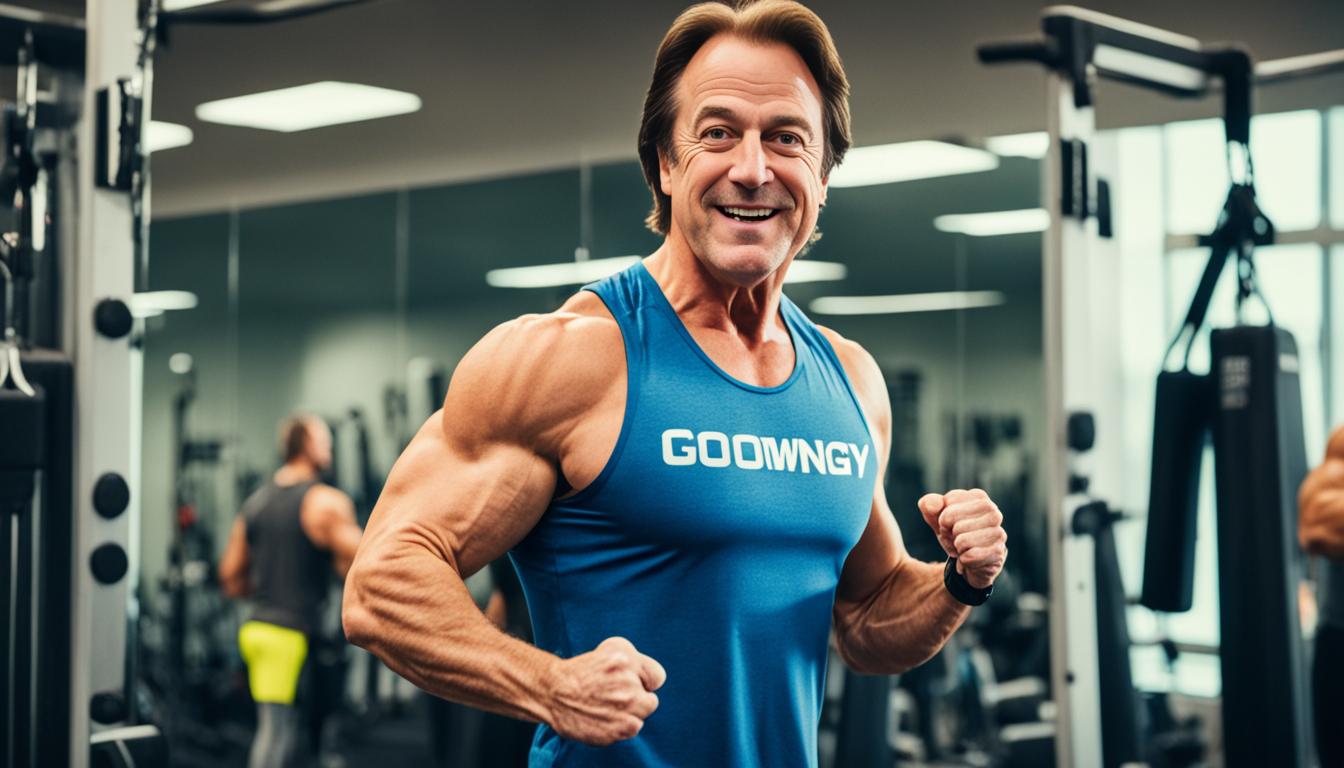Billie Eilish Weight Loss Diet: My Insights
In recent times, the transformation of renowned singer and songwriter Billie Eilish has captivated the public and media alike. With her distinctive musical style and unapologetic individuality, Billie Eilish has garnered a massive following of devoted fans. But it’s not just her music that has people talking – it’s also her noticeable weight loss. The public’s fascination with Billie Eilish’s weight loss reflects the influence celebrities can have on our perceptions of body image. In this article, I will delve into the methods Billie Eilish used for her weight loss journey and explore the potential impact on her health. Moreover, I will examine the media’s role in shaping body image perceptions and discuss Billie Eilish’s stance on body positivity and self-acceptance.
Billie Eilish’s Weight Loss Methods and Their Effects
Billie Eilish’s weight loss journey has garnered significant attention, thanks to her visibly slimmer appearance. While she has chosen to keep the specifics of her weight loss methods relatively private, it is evident that changes in her diet, exercise routine, and lifestyle have played a role in her transformation.
One key aspect of Billie Eilish’s weight loss may involve adopting a balanced diet focused on nutrient-rich foods. It’s likely that she has incorporated fresh fruits, vegetables, lean proteins, and whole grains into her meals. By prioritizing these nutritious choices, Eilish would have ensured that she is fueling her body with the necessary vitamins, minerals, and antioxidants.
In addition to a healthy diet, a structured exercise regimen is crucial for achieving weight loss goals. Billie Eilish might have engaged in a variety of activities such as cardio exercises, strength training, and flexibility exercises. Regular physical activity can help burn calories, increase muscle tone, and improve overall fitness levels.
Furthermore, lifestyle modifications play a vital part in any weight loss journey. Stress management techniques, such as meditation or yoga, could have helped Eilish maintain a healthier mindset during her transformation. Prioritizing sufficient sleep and staying hydrated are also essential factors that contribute to overall well-being.
It is important to approach weight loss in a sustainable and healthy manner. Rapid and drastic weight loss can have adverse effects on one’s health, such as muscle loss and nutritional deficiencies. By prioritizing a balanced diet, regular exercise, and overall well-being, individuals can achieve their weight loss goals while maintaining good health.
Overall, while the exact details of Billie Eilish’s weight loss journey remain private, it is evident that her combination of a balanced diet, regular exercise, and lifestyle modifications have helped her achieve her desired results. It is crucial to prioritize health and well-being when embarking on any weight loss journey, and it’s always beneficial to consult with a healthcare professional or registered dietitian for personalized guidance.
The Media’s Role in Shaping Perceptions of Body Image
Billie Eilish’s weight loss journey has invited extensive media coverage and has had a profound impact on societal perceptions of body image. The public’s fascination with her physical transformation, as amplified by the media, has inadvertently fueled body dissatisfaction and diminished self-esteem in individuals. The portrayal of Billie Eilish’s weight loss can create unrealistic ideals and expectations, perpetuating the notion that one must conform to a specific body type to be deemed beautiful or successful.
Media outlets have a crucial responsibility to promote a more inclusive representation of diverse body types and to challenge the societal standards that can be detrimental to individuals’ self-perception. Instead of fixating solely on weight loss, it is essential to highlight the importance of overall well-being, including mental health, self-acceptance, and body positivity.
While Billie Eilish’s fitness routine and workout plan may have contributed to her transformation, it is essential to understand that prioritizing one’s health and fitness should not solely be driven by the desire to conform to societal expectations. Rather than constantly striving for a specific body image, individuals should focus on developing a positive relationship with their bodies and embracing self-love.
By shifting the narrative surrounding body image, the media can play a transformative role in empowering individuals to appreciate their bodies in all their unique forms. Promoting a culture of acceptance, inclusivity, and self-confidence can cultivate a healthier outlook on body image and ultimately contribute to improved self-esteem, not solely based on appearance, but on individuality and inner strength.
Source Links
- https://blogs.ubc.ca/diet/2024/01/08/en-billie-eilish-weight-loss/
- https://www.dazeddigital.com/beauty/article/51759/1/billie-eilish-body-dysmorphia-diet-pills-self-harm-vanity-fair-interview
- https://www.mirror.co.uk/3am/celebrity-news/billie-eilish-took-weight-loss-23383795
- George Conway Weight Loss: My Healthy Journey! - May 19, 2024
- Menopause Diet: 5-Day Plan to Shed Pounds - May 18, 2024
- Diet Cranberry Juice: My Healthier Sip Choice - May 16, 2024




Post Comment
You must be logged in to post a comment.